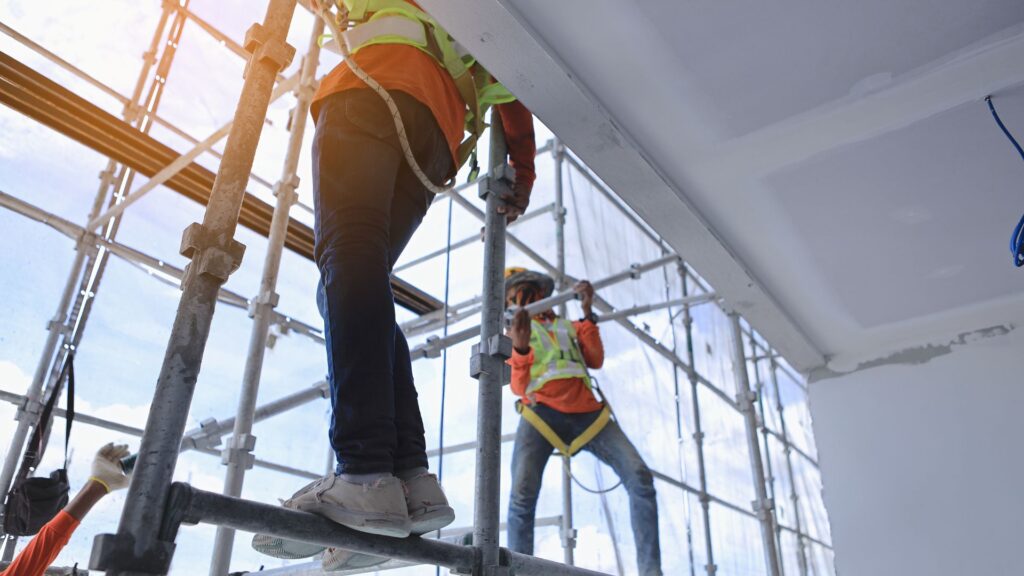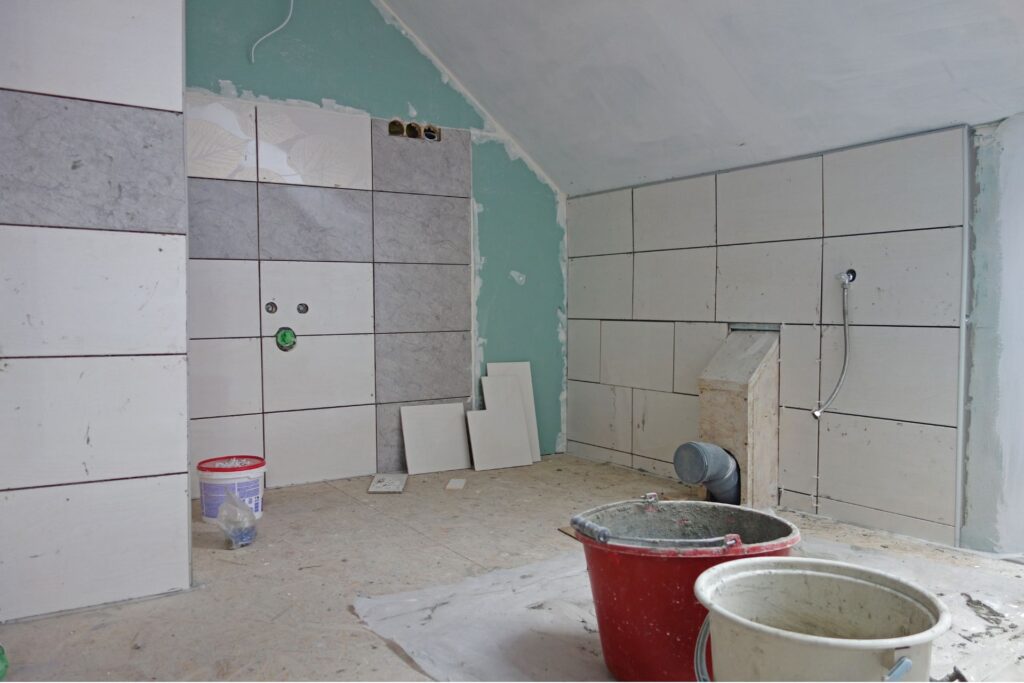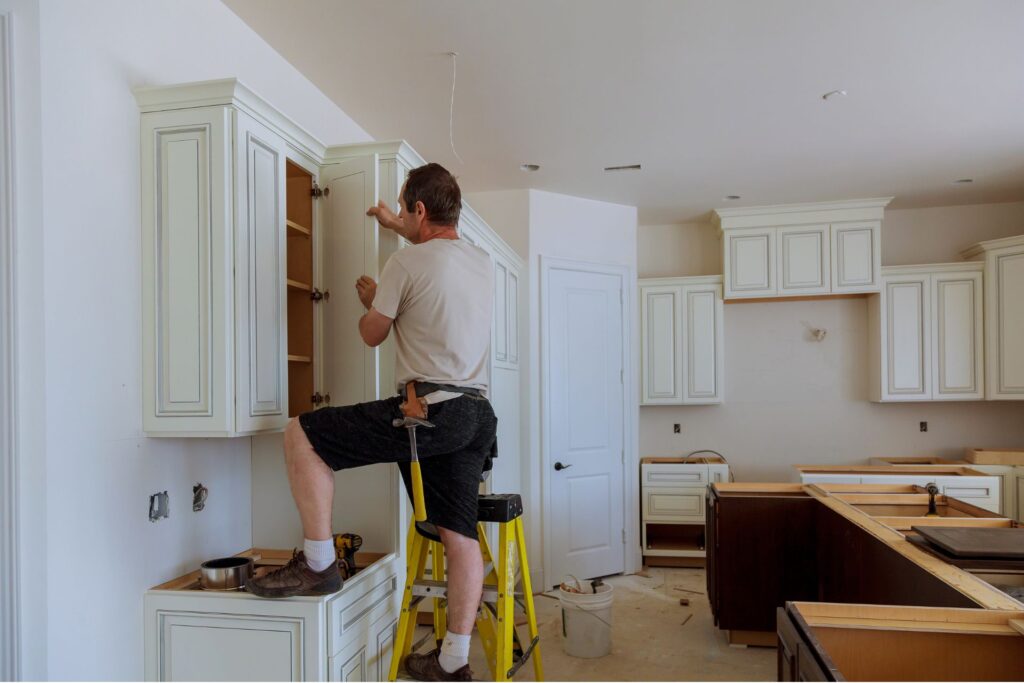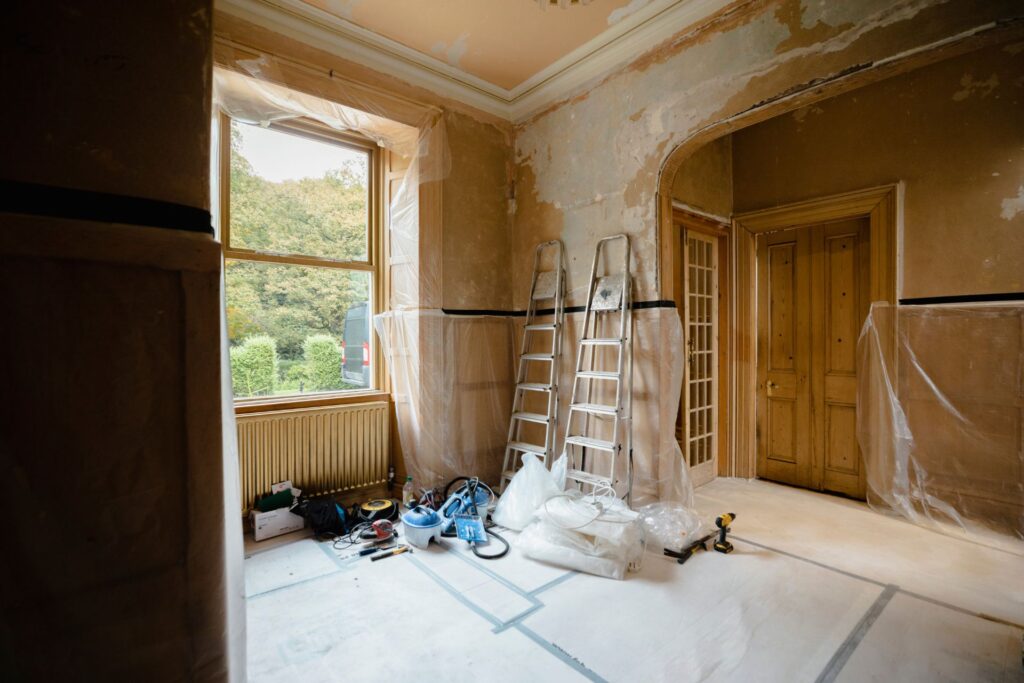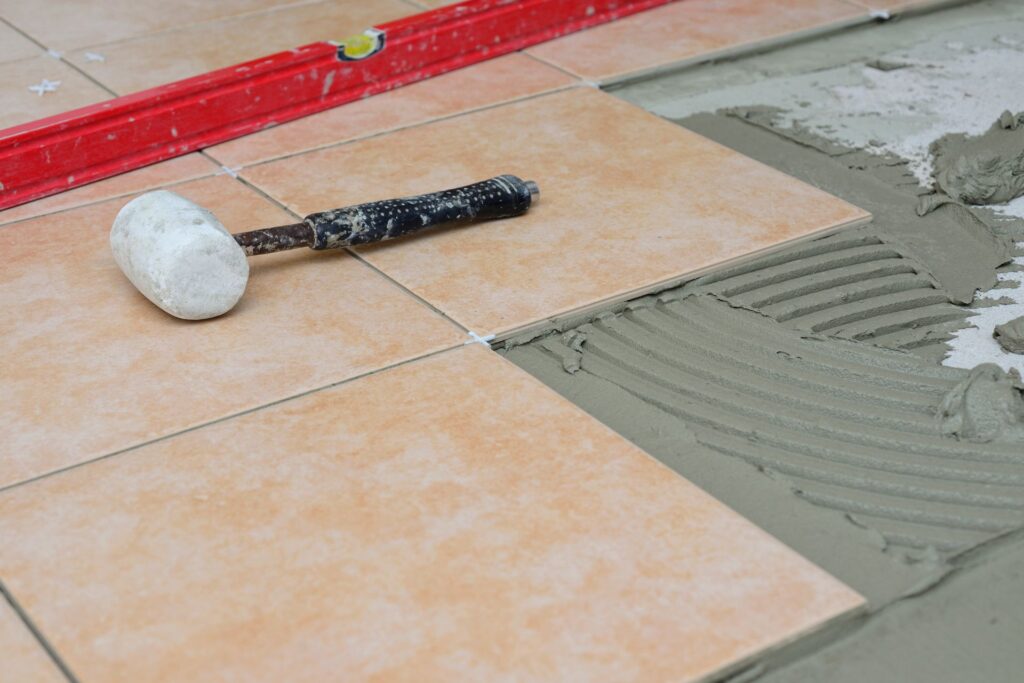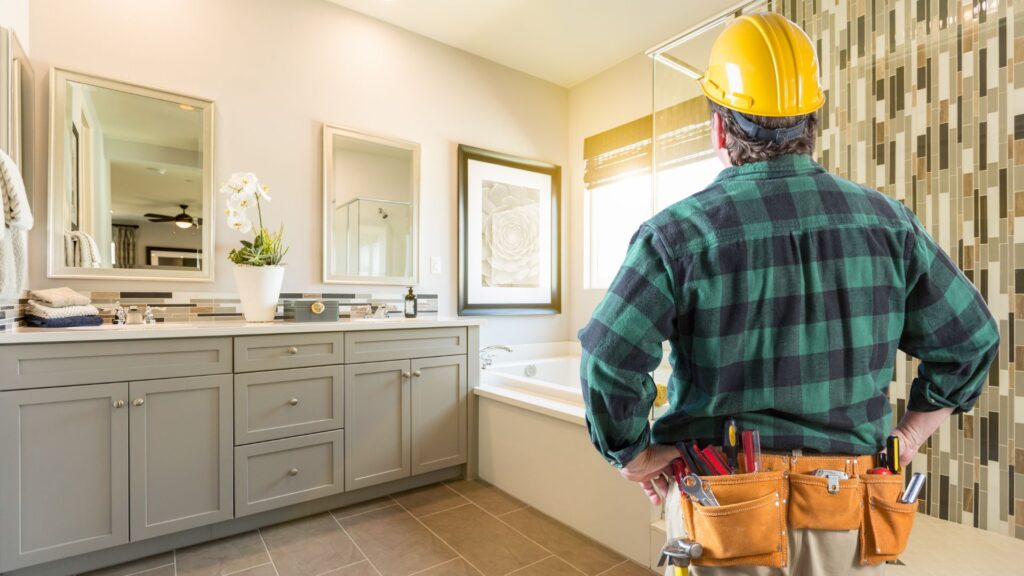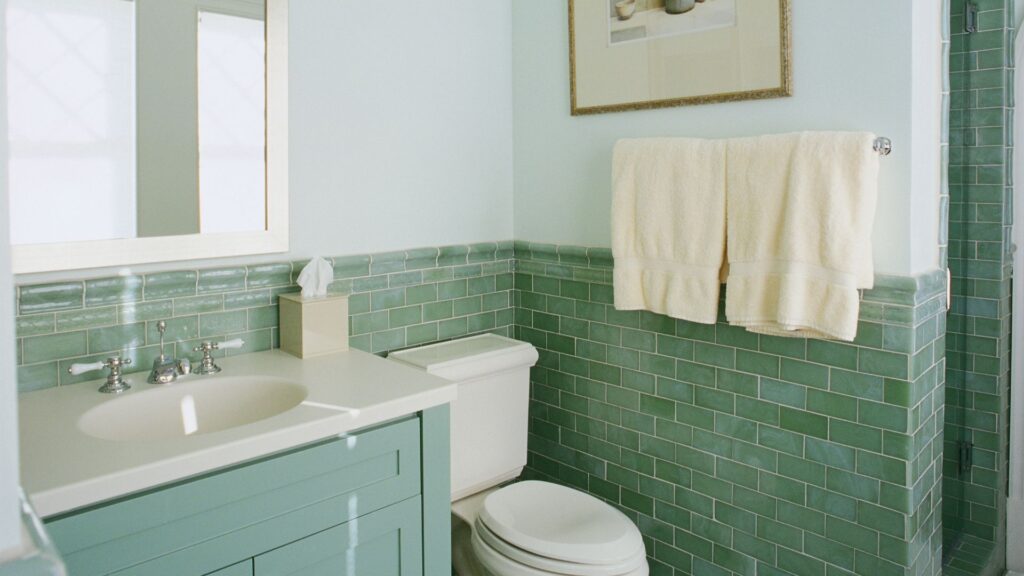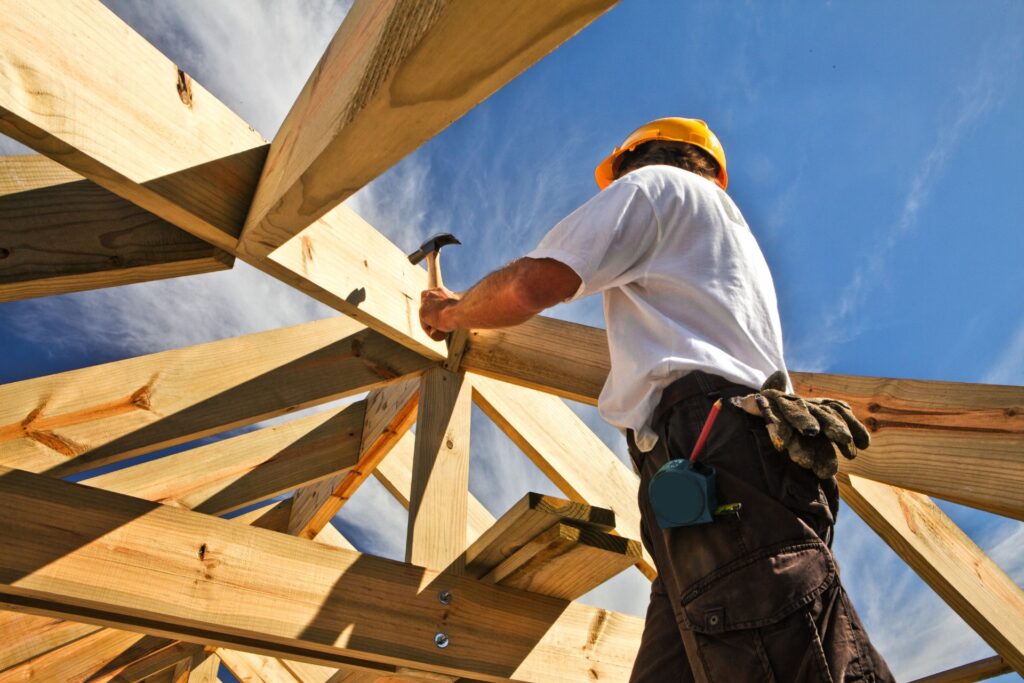Welcome to our guide on builder charge-out rates in New Zealand! If you’re planning a home renovation, new build, or any construction project, one of the most important aspects to consider is how much your builder will charge. Understanding builder rates can seem overwhelming at first, with pricing varying based on location, experience, and project scope, but we’re here to simplify it for you. In this blog, we’ll break down the typical builder charge-out rates across New Zealand, what factors influence these rates, and how you can budget effectively to avoid surprises. Whether you’re a first-time renovator or a seasoned homeowner, this guide will equip you with the knowledge to make informed decisions and ensure you get the best value for your project.
On average, builder charge-out rates in New Zealand range from $50 to $120 per hour, depending on factors like location, builder experience, and the complexity of the project. Rates tend to be higher in urban areas such as Auckland and Wellington. To manage costs effectively, it’s essential to consider additional expenses like materials, travel, and overheads, and to request multiple quotes for accurate comparisons.
Table of Contents
What Are Builder Charge Out Rates?
Builder charge-out rates refer to the amount a builder charges for their services, typically calculated on an hourly basis or per job. These rates are influenced by various factors, including the type of work being done, the complexity of the project, and the builder’s experience level. For example, a general contractor may have a different charge-out rate compared to a specialized tradesperson like an electrician or plumber. The rate covers labor costs but can also include expenses for tools, materials, and sometimes travel, depending on the nature of the project.
Understanding builder charge-out rates is essential for homeowners and project planners. It allows you to budget accurately and avoid unexpected costs during construction or renovation projects. Knowing the rate upfront ensures transparency between the builder and client, reducing the likelihood of disputes over pricing. Additionally, understanding these rates can help you compare quotes from different builders, ensuring you get value for money without compromising on quality.
Typically, a builder’s charge-out rate will include not only their labor but also the use of essential tools and equipment. In some cases, travel costs—especially if the builder is traveling a significant distance to the worksite—may be factored into the overall rate. Other potential inclusions might be basic materials, though more extensive materials are often billed separately. By having a clear understanding of what’s included, clients can make informed decisions and better manage their project’s financials.
Average Builder Charge-Out Rates In New Zealand (2024)
As of 2024, builder charge-out rates in New Zealand reflect various factors including experience, region, and market demand. Whether you’re planning a renovation or a new build, understanding these rates can help you budget effectively and ensure you’re getting a fair price for quality workmanship.
Current National Averages
Builders’ charge-out rates in New Zealand typically range from $50 to $120+ per hour, depending on factors like the builder’s level of experience and location. For general construction work, those on the lower end of the spectrum might be less experienced or based in regions where the cost of living is lower. More experienced builders, especially those offering specialized services or working in high-demand areas, will often charge closer to or above the upper end of this range. These rates are standard for both residential and commercial projects, with some variance based on project complexity.
Regional Variations
The cost of hiring a builder can vary significantly depending on the region. Cities like Auckland, Wellington, and Christchurch generally have higher builder rates compared to smaller towns and rural areas. In urban areas, builders often charge higher rates due to the increased cost of living and higher demand for construction services. In contrast, rural regions tend to see lower rates, as demand is typically lower, and overhead costs, such as transport and materials, maybe more affordable.
North Island vs. South Island Rates
In general, builders in the North Island tend to charge more than their counterparts in the South Island. Auckland, as New Zealand’s largest city and commercial hub, sees some of the highest rates in the country, with experienced builders charging $90 to $120+ per hour. Wellington, while slightly less expensive, follows a similar trend. In the South Island, Christchurch typically sees higher rates, but in more rural areas, rates can drop significantly, with some builders charging closer to $50 to $70 per hour.
Urban vs. Rural Rates
Urban builders, particularly in cities like Auckland and Wellington, often charge higher rates than those in rural areas. Urban projects may involve higher material costs, stricter regulations, and a higher cost of living, all of which can influence the rates builders charge. On the other hand, rural builders may face fewer restrictions and enjoy lower operational costs, leading to more competitive pricing for homeowners.
Factors Affecting Pricing
Several key factors affect builder pricing across New Zealand. Local demand plays a significant role—regions with high housing demand and fewer builders available will naturally see higher rates. The cost of living in a particular area also contributes to pricing differences, as builders in expensive cities need to cover higher personal and business expenses. Additionally, the availability of construction materials can impact builder rates, especially in more remote areas where transportation costs can drive up prices.
Understanding these factors will allow you to better navigate the costs of construction in New Zealand, helping you make informed decisions on hiring the right builder for your project.
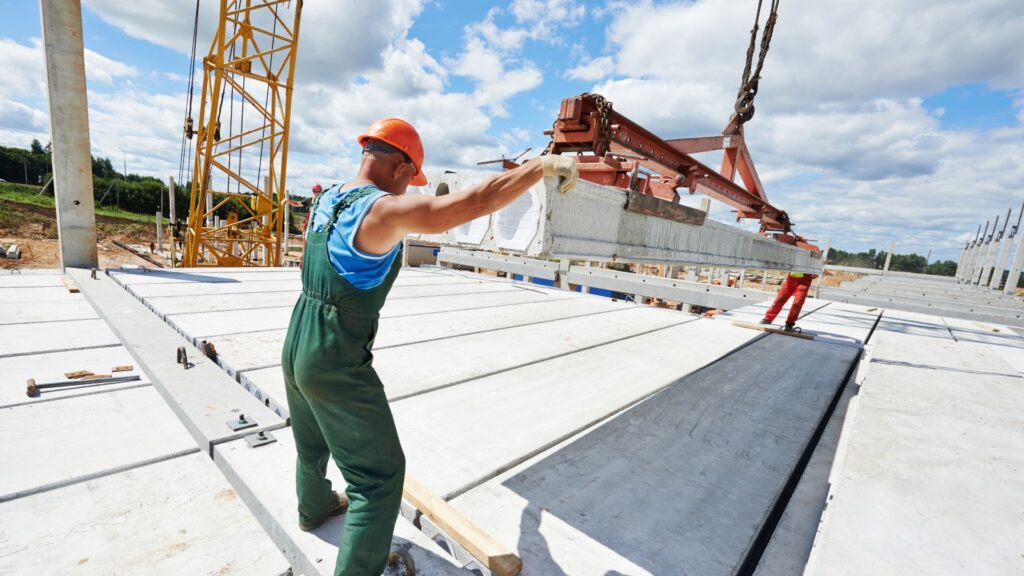
What Factors Influence Builder Charge Out Rates?
When determining the charge-out rates for builders, several factors come into play. These elements can significantly affect how much a builder charges per hour, and understanding them can help you budget your construction project more effectively. Below are some of the key factors that influence builder charge-out rates.
Experience and Qualifications
The level of a builder’s experience and qualifications is a primary factor in determining their hourly rate. Builders with extensive experience, specialized training, or certifications (such as being a certified builder rather than an apprentice) typically charge higher rates. This is because they bring more expertise to the job, ensuring a higher standard of workmanship and potentially reducing the time it takes to complete a project. On the other hand, less experienced builders or apprentices may charge lower rates but could require more time to complete tasks.
Project Scope and Complexity
The complexity and size of the project also influence builder charge-out rates. For instance, new construction projects are often more straightforward compared to complex renovations that may involve working with existing structures, requiring specialized skills and problem-solving abilities. Projects that demand intricate design work, structural modifications, or high-end finishes will usually incur higher rates because of the additional time, expertise, and coordination involved.
Materials and Equipment
The type of materials used and the necessity for specialized equipment can also impact the rates. Builders working with premium materials or needing specialized tools or machinery will likely charge more to cover the cost of using and maintaining this equipment. Conversely, if standard materials and basic tools suffice, the rates may be lower. The quality of materials often directly correlates with the builder’s rate, as high-end projects require greater care and precision.
Insurance, Overheads, and Business Costs
Builders face various overheads and business costs, including insurance, employee wages, and administrative expenses. These costs are factored into their charge-out rates to ensure they remain profitable. For example, a builder with a large team, insurance, and extensive business overheads will need to charge more to cover these expenses.
Seasonality
Seasonal demand can also influence builder rates. During peak periods, such as summer months when renovations are more common, builders may charge higher rates due to increased demand. Conversely, during off-peak times, rates may drop as builders seek to secure more work to fill their schedules.
By understanding these factors, you can make more informed decisions when hiring a builder and managing your project’s budget.

Builder Charge Out Rates Vs. Project Costs: How To Calculate The Total Cost
When planning a construction or renovation project, understanding the balance between a builder’s charge-out rate and overall project costs is key to staying on budget. This involves comparing hourly rates versus project quotes, factoring in additional costs like materials and permits, and performing accurate calculations.
Hourly Rate vs. Project Quote
Deciding whether to pay a builder by the hour or through a fixed project quote depends on the nature and scope of your project. Hourly rates are ideal for smaller, less predictable jobs where the total time required is uncertain. With hourly billing, you pay only for the time spent, which could save money on shorter tasks. However, for larger, more complex projects, a fixed project quote is often preferable. This allows you to lock in a total cost upfront, helping to avoid any surprise expenses later on. Builders will assess the project’s scope and give you a quote that covers labor, estimated hours, and other associated costs.
Other Costs to Consider
Beyond the builder’s labor charges, there are several other expenses that contribute to the total project cost. These include:
- Materials: The price of building materials can vary widely, depending on the project’s requirements.
- Permits: Many projects need local government permits, which add to the overall cost.
- Subcontractors: Electricians, plumbers, or other specialists may need to be hired for specific parts of the job.
- Council Fees: Additional fees may be required for council inspections or approvals.
Example Calculation
Let’s say you’re hiring a builder at an hourly rate of $50, and the project is estimated to take 40 hours. Labor costs would be:
- $50/hour × 40 hours = $2,000
Now, add material costs ($1,500), permit fees ($200), and subcontractor expenses ($500). The total project cost would be:
- 2,000 (labor) + 1,500 (materials) + 200 (permits) + 500 (subcontractors) = $4,200
This simple formula helps you break down and calculate a realistic total cost for your building project.
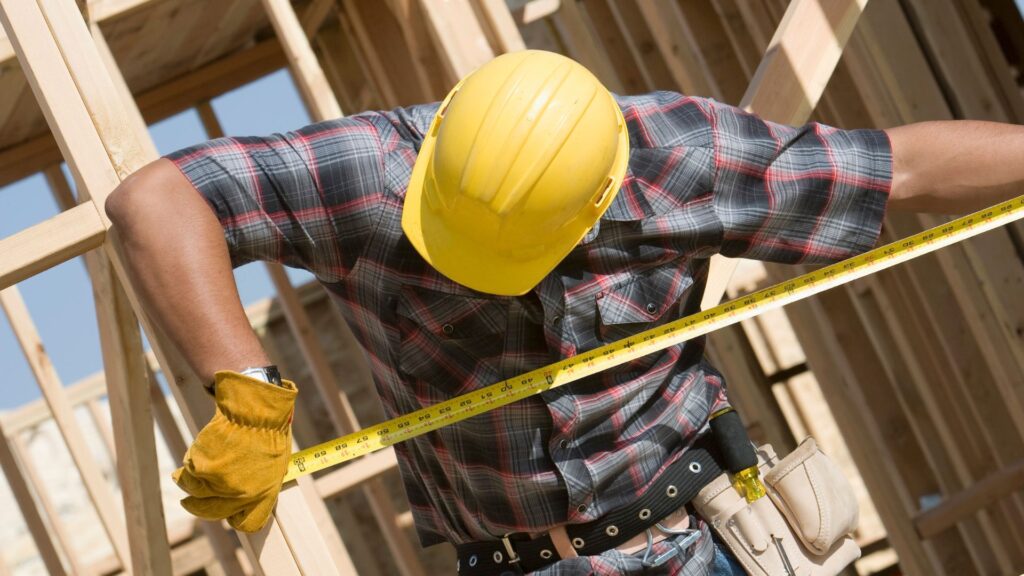
How To Get An Accurate Quote From Your Builder
When planning a construction or renovation project, one of the most crucial steps is securing an accurate quote from your builder. This ensures you know exactly what you’re paying for and avoids unexpected surprises down the road. Here’s how you can get the most precise estimate for your project:
Request Multiple Quotes
To ensure you’re getting the best value, always request at least three quotes from different builders. This will allow you to compare prices, services, and timelines, helping you identify which builder offers the best fit for your needs. Keep in mind that the cheapest option isn’t always the best; look for value and transparency.
Ask the Right Questions
When reviewing quotes, don’t hesitate to ask key questions. Clarify whether the Goods and Services Tax (GST) is included, what provisions are made for unforeseen costs, and how detailed their breakdown is. A comprehensive quote should cover every aspect of the project, from materials to labor. This will help prevent unexpected cost increases once the project is underway.
Clarify Inclusions and Exclusions
One of the most common pitfalls in construction quotes is unclear inclusions and exclusions. Ensure the quote specifies what is included in the price—such as materials, labor, and any permits—and what is not. This step is essential for avoiding costly surprises later in the project.
By following these tips, you can secure an accurate quote from your builder and avoid potential financial headaches during your project.

Tips For Managing And Reducing Builder Costs
Plan Thoroughly Before Starting
Effective planning is one of the most critical steps in managing construction costs. Before the first nail is hammered, it’s essential to have a detailed blueprint and timeline in place. A well-thought-out plan minimizes the risk of unexpected changes, which can lead to delays, additional labor, and material costs. By spending extra time up front to clarify the design, layout, and materials, you can avoid costly last-minute decisions and revisions during the build. This foresight ensures that the project runs smoothly and stays within your budget.
Do Your Own Demolition or Prep Work
If you’re looking to cut costs without sacrificing quality, consider taking on some small DIY tasks, like site preparation or minor demolition work. Clearing debris, removing old fixtures, or demolishing non-structural elements can reduce the amount of labor your builder needs to perform, saving you significant money. While it’s important to leave the technical jobs to the professionals, handling the simpler tasks can lower the overall labor costs and still allow you to maintain a high standard of workmanship.
Consider Off-Peak Timing
Timing can have a surprising impact on builder rates. Construction companies often have busy seasons, typically during warmer months, when demand is high, and prices can be at their peak. By scheduling your project during off-peak months, such as late autumn or winter, you may be able to negotiate lower rates. Builders may be more willing to offer discounts during slower periods to keep their teams busy, which can translate into substantial savings for your project.
Negotiate Fixed Pricing
Whenever possible, negotiate a fixed price for your building project. A fixed-price contract means that the builder agrees to complete the project for a set amount, regardless of any unforeseen costs or delays. This provides peace of mind and helps prevent unexpected expenses. With a fixed-price agreement, you’re shielded from fluctuating material prices or labor costs, keeping your budget intact.
Monitor Progress Closely
Finally, staying engaged in the project is crucial. Regularly monitor the progress to ensure that the work is on schedule and within the agreed budget. Frequent check-ins with your builder can help you spot any potential issues early and prevent costly delays. Your involvement can ensure that the project stays on track, reducing the likelihood of overruns and keeping the entire process transparent.
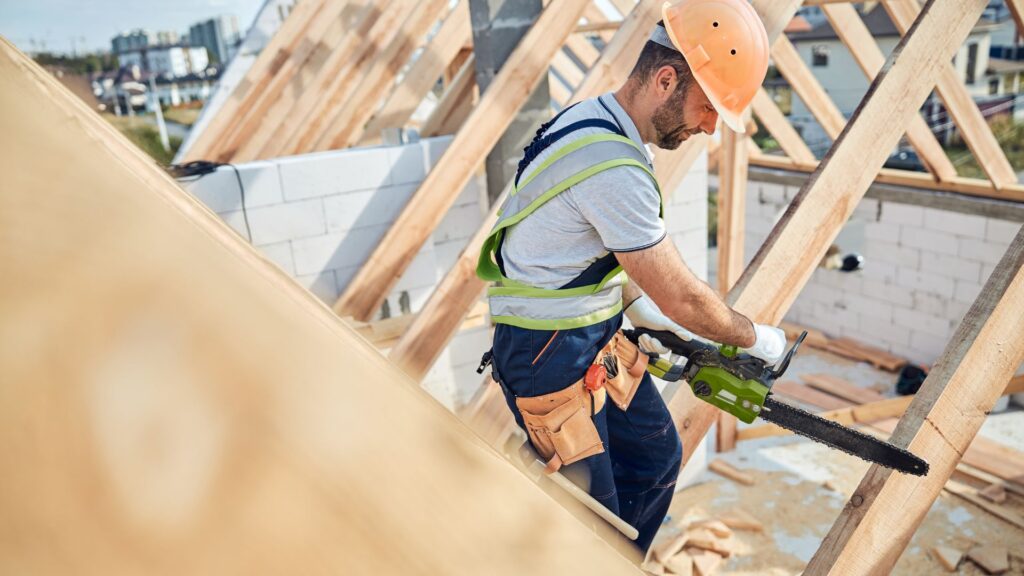
Avoiding Common Pitfalls With Builder Rates
When hiring a builder, it’s essential to avoid some common mistakes that can cost you time and money in the long run. Here are a few key things to watch out for:
Beware of Too-Good-to-Be-True Low Rates
While everyone loves a good deal, extremely low rates should raise a red flag. Builders offering significantly lower prices than competitors might lack the necessary experience or cut corners with cheaper materials and less skilled labor. Additionally, these low rates could be a sign of hidden costs that will emerge later in the project, leaving you with unexpected expenses. It’s crucial to balance cost with the quality of work to avoid costly mistakes down the road.
Check for Licensing and Insurance
Always ensure that the builder you hire is licensed and insured. A licensed builder meets industry standards, which helps ensure the quality of their work. Insurance is equally important; it protects you from liability in case of accidents or damage during the project. Without these, you risk being financially responsible for any mishaps, or worse, dealing with subpar work that could cost even more to fix later.
Don’t Skip the Contract
A detailed, written contract is a must when working with any builder. It should outline the agreed-upon rates, project timelines, and each party’s responsibilities. This not only protects both you and the builder but also ensures that everyone is on the same page from the start. Without a contract, disputes can arise, leading to delays, extra costs, and stress that could have been avoided.
By paying attention to these details, you’ll set yourself up for a smoother, more successful building project.

FAQs: About Builder Charge Out Rates NZ
What is the average hourly rate for a builder in New Zealand?
On average, builder charge-out rates in New Zealand range between $50 to $120 per hour. The exact rate can vary depending on factors like the location of the project, the builder’s experience, and the complexity of the work involved.
Why do builder rates differ between regions in New Zealand?
Builder rates differ between regions due to factors such as local demand, cost of living, and the availability of qualified builders. For instance, urban areas like Auckland and Wellington tend to have higher rates compared to smaller towns or rural regions where demand may be lower.
What factors influence a builder’s charge-out rate?
Several factors influence a builder’s rate, including their level of experience, qualifications, the complexity of the project, location, and business overheads such as insurance and tools. Additionally, the time of year or season can also affect rates, especially during peak construction months.
Is it better to hire a builder by the hour or get a fixed project quote?
Whether you should hire a builder by the hour or opt for a fixed project quote depends on the nature of the work. For smaller, less complex tasks, an hourly rate may be appropriate. For larger or more complicated projects, a fixed quote can provide more certainty about the overall cost, helping you avoid unexpected expenses.
What’s typically included in a builder’s hourly rate?
A builder’s hourly rate generally includes labor, the use of basic tools, and potential travel to and from the job site. However, it may not include materials, subcontractor costs (like electricians or plumbers), or specialized equipment, which can be charged separately.
Do all builders in New Zealand charge for travel time?
Not all builders charge for travel time, but it’s common in rural or remote areas where the builder must travel a significant distance to the job site. It’s essential to clarify this in advance and ensure any travel costs are included in the initial quote.
How can I ensure I’m getting a fair rate from my builder?
To ensure you’re getting a fair rate, it’s advisable to request quotes from multiple builders. Compare what’s included in each quote, and ask questions about any potential hidden fees. Additionally, check for reviews or testimonials to ensure you’re working with a reputable, experienced builder.
How can I reduce builder costs on my project?
To reduce costs, plan your project thoroughly to avoid costly changes later, consider doing minor prep work or demolition yourself, and try to schedule the project during off-peak seasons. You can also negotiate for a fixed price on larger projects or ask about using lower-cost materials.
Do builders charge more for renovations than for new builds?
Builders may charge more for renovations than new builds due to the complexity and unpredictability of renovation work. Renovations often involve working within existing structures, which can lead to unforeseen challenges and additional labor costs compared to starting from scratch with a new build.
What should I do if a builder’s rate seems too low or too high?
If a builder’s rate seems too low, it could be a sign of inexperience or hidden costs that may arise later. If the rate is too high, it could be due to the builder’s experience level or the demand in the area. In both cases, ask for detailed breakdowns of costs and consider seeking additional quotes for comparison.
Conclusion
In conclusion, when planning your building project, it’s essential to make informed decisions by understanding the average charge-out rates for builders and the factors that can influence these costs. Taking the time to gather multiple quotes will help you compare pricing and services, ensuring you find the best fit for your needs. Remember to budget realistically and maintain clear, open communication with your builder throughout the project to avoid misunderstandings and ensure a smooth process. With these considerations in mind, you’re better equipped to achieve a successful outcome. For further guidance, feel free to explore more resources, request a quote from a local builder, or share your experiences and questions in the comments below.
About the Author:
Mike Veail is a recognized digital marketing expert with over 6 years of experience in helping tradespeople and small businesses thrive online. A former quantity surveyor, Mike combines deep industry knowledge with hands-on expertise in SEO and Google Ads. His marketing strategies are tailored to the specific needs of the trades sector, helping businesses increase visibility and generate more leads through proven, ethical methods.
Mike has successfully partnered with numerous companies, establishing a track record of delivering measurable results. His work has been featured across various platforms that showcase his expertise in lead generation and online marketing for the trades sector.
Learn more about Mike's experience and services at https://theleadguy.online or follow him on social media:
